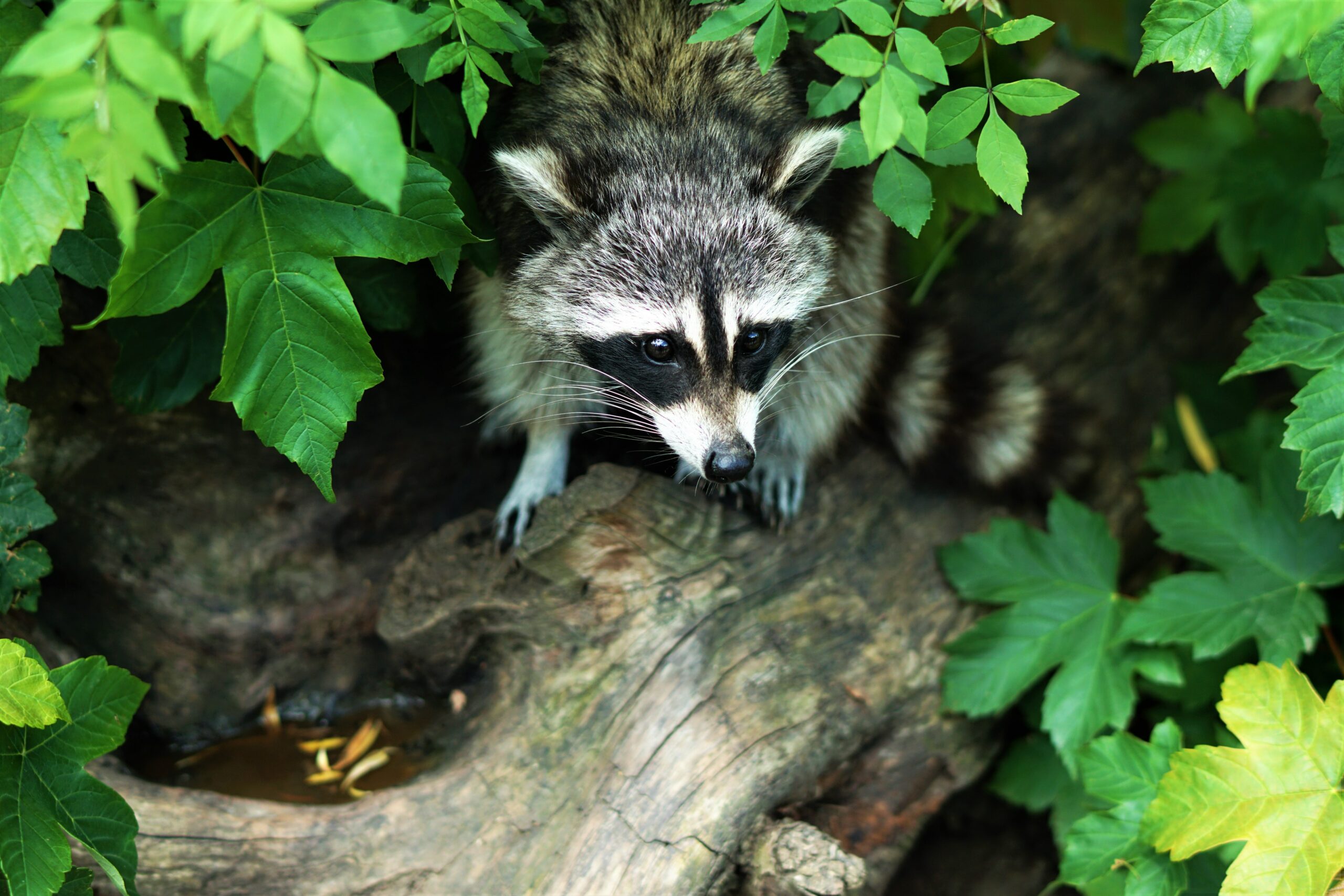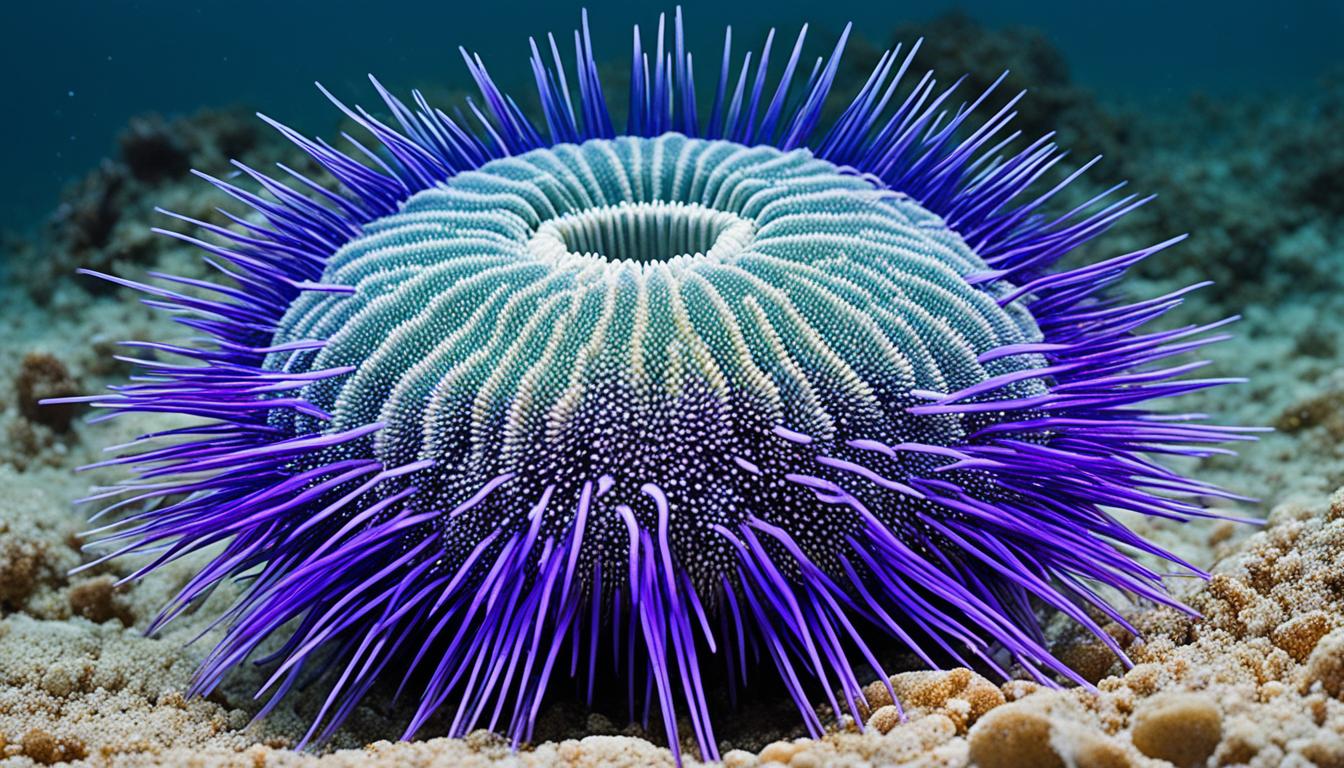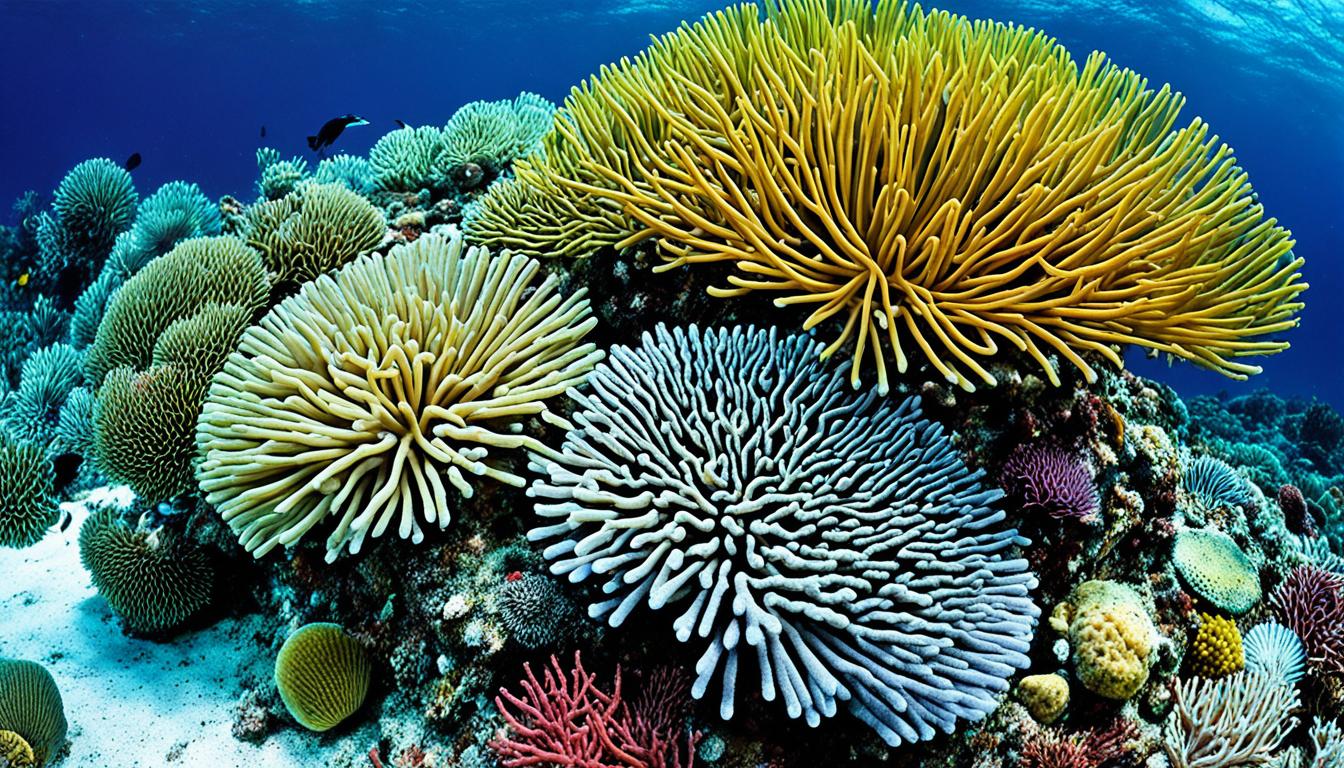“Can You Sell Raccoons?” seems a perplexing question. Now, pause and ponder, what could possibly be the ramifications of trading in these critters?
Would you ever even consider the scenario of raising raccoons to sell them further? You probably are wondering what a peculiar question to ask, maybe even amusing to your imagination but it calls into question legality, animal rights, and moral responsibilities.
Furthermore, these animals, albeit spunky and adorable, come with their fair share of challenges. Known to be wild and hard to domesticate, they aren’t your typical pet options.
Selling raccoons might seem like an unconventional thought and the tangled mesh of consequences might pull you into a debate of ethics vs economics. The intermingling prospects of this endeavor might give you a whole spectrum of perspectives to consider.
Understanding the Intricacies of Raccoon Ownership
Ever caught yourself wondering about the peculiar charm of raccoons? A unique combination of inquisitiveness and adorableness has led many individuals down the path toward raccoon ownership.
Demystifying the Raccoon Appeal
At first glance, these animals, with their black-masked faces and nimble hands, make for an intriguing pet. Raccoons are intelligent, naturally curious, and truly resourceful, frequently using their problem-solving skills in ways that may surprise you. They are incredibly sociable, longing for companionship and interaction, similar to how one might think of a family dog.
Exploring Legalities Surrounding Raccoon Ownership
This is not to say that ownership is straightforward. In fact, it is typically fraught with a surprising complexity of laws. Different areas have different regulations, with many states strictly prohibiting the keeping of wild animals, including raccoons, as pets.
Addressing the Question: Can You Sell Raccoons?
A question that often arises is whether raccoons can be sold. The short answer is, it depends – on location, legalities, availability, ethics, and care requirements, to name just a few variables.
Deconstructing the Legal Aspects of Selling Raccoons
Selling raccoons, just like owning them, is wrapped up in a knot of legalities that require careful unwinding to understand.
The Wild Animal Protection Laws
Central to this is understanding the laws designed to protect wild animals and their habitats. These laws are put in place to ensure that the illegal trading and selling of raccoons do not further endanger species or disrupt ecological balance.
Raccoon Ownership Laws in Different States
The laws regarding raccoon ownership vary greatly from state to state. Some locations might grant you permission to keep a raccoon as a pet, while others have outright bans on the practice. As for selling, it’s often a grey area.
Licenses Required for Breeding and Selling Raccoons
Licenses are typically required in order to legally breed and sell raccoons. The process of obtaining a license can be strenuous, involving rigorous inspections, hefty fees, and proof of adequate animal care knowledge.
Importance of Safe and Ethical Raccoon Breeding
Just as with any animal, the process of breeding raccoons demands an ethical approach and understanding of the animal’s behavior and needs.
Understanding Raccoon Breeding Behavior
Raccoons typically breed once a year, with the mother raccoon fiercely protective of her offspring. Disrupting this natural cycle could have severe repercussions for the raccoons’ health and well-being.
Potential Challenges in Raccoon Breeding
Becoming a breeder is not a decision to make lightly. Challenges may include ensuring their nutritional needs are properly met, managing potential aggressive behavior, and maintaining a clean and enriching environment for them.
Promoting Ethical Practices in Raccoon Breeding
Promoting ethical practices in raccoon breeding revolves around conscientiously respecting the animals’ welfare standards. This involves ample research and commitment over a prolonged period of time.
Risks and Responsibilities of Keeping Raccoons
Responsibilities of a Raccoon Owner
A raccoon owner has numerous responsibilities. This includes scheduling regular veterinary check-ups, providing an appropriate diet, ensuring their safety, and dedicating ample time for bonding and socialization.
Health Risks Associated with Raccoons
Raccoons can carry a range of diseases, including rabies, which can be transmitted to humans. Despite their more charming characteristics, handling them and keeping them in improper conditions can pose a significant health risk.
Addressing Behavior and Domestication Difficulties
Raccoons can exhibit behavior that is exceedingly challenging to manage, which is one of the main reasons they are not typically recommended as pets. Unlike cats and dogs, raccoons are not domesticated animals and retain much of their wild behavior.
The Market for Pet Raccoons
In spite of all these challenges, there’s demand for pet raccoons, a niche market that sees individuals drawn to their unique charm and intelligence.
Demand for Pet Raccoons
While not as common as dogs or cats, there’s an undeniable interest in pet raccoons. Potential raccoon owners are attracted to their curious nature and distinctive appearance.
Pricing Raccoons: Factors to Consider
When it comes to selling raccoons, there are numerous factors to consider. This ranges from covering the costs associated with their breeding, care, and feeding, through to the laws regulating their sale in individual states.
Advertising and Selling Pet Raccoons
Selling pet raccoons involves tapping into niche markets. This is usually done through specialized platforms that respect the inherent considerations and legalities surrounding the sale of these animals.
The Reality of Raising and Selling Raccoons
Costs of Raccoon Ownership
From vet fees to diet requirements, the cost of owning a raccoon can be substantial. These animals require a long-term commitment that involves much more than the initial purchase expense.
Time and Effort Required
Owning a raccoon equates to a full-time responsibility. Their curious nature necessitates constant supervision and a high level of interaction to keep them stimulated and happy.
Emotional Considerations in Raccoon Ownership
Owning a raccoon can be an emotional rollercoaster ride. Along with the joys of owning such a unique pet, there’s also the potential emotional stress related to health issues, behavioral problems, and potential legal issues.
Alternative Options for Raccoon Lovers
Not up to the task of owning a raccoon? There are other ways to connect with these adorable creatures.
Raccoon Sanctuaries and Rehabilitation Centers
Visiting such places allows people to learn more about raccoons and interact with them in a way that respects their wild nature. This also highlights the importance of rescue efforts and serves a greater purpose.
Sporting and Hunting with Raccoons
For some, the attraction to raccoons lies in viewing or photographing them in their natural habitats, while others may be interested in hunting. Both represent significantly different ways of interacting with these animals.
Professional Opinions on the Raccoon Market
Veterinarian Scenarios and Insights
Veterinarians often advise against owning raccoons due to the health risks and specific care needs they entail, but can also provide valuable insights on their nature and needs.
Interviews With Existing Raccoon Owners
Existing raccoon owners can give an insider’s outlook on the joys and challenges of owning these creatures, providing a more practical perspective on what to expect than what might otherwise be anticipated.
Case Studies on Raccoon Sales and Ownership
Success Stories of Raccoon Ownership
There are those who have successfully navigated the twisty road of raccoon ownership, carving out a harmonious cohabitation setup. These stories often relay the ups and downs, giving a more realistic view of what owning a raccoon involves.
The Not So Successful Scenarios
Then, there are heartbreaking stories of ill-prepared owners who, despite their best intentions, simply couldn’t provide the appropriate care for their raccoon. These serve as cautionary tales, reminding us all of the responsibility we have to our pet’s welfare.
What Are the Causes and Solutions for Endangerment of Flying Squirrels?
The flying squirrel endangerment causes and solutions are complex. The primary cause is deforestation, as it destroys their natural habitat. Additionally, climate change affects their food supply and mating patterns. Measures to mitigate this issue include conserving forests, creating protected areas, and implementing habitat restoration projects. Additionally, educating communities about the importance of preserving these species is essential for their long-term survival.
Lessons to Take Home about Selling Raccoons
Owning and selling raccoons is a serious business, riddled with complexity and requiring a hefty dose of respect for these unique animals.
Recap on Legal Guidelines
Each state has its own laws regarding raccoon ownership and sale, so be sure to understand the legalities fully before embarking on your raccoon adventure.
Most Important Factors When Considering Selling Raccoons
When considering selling raccoons, it’s essential to think about how you can ensure their wellbeing while also operating within the law. Raccoon breeding is tricky business, requiring a deep understanding of their behavior and needs.
Alternative Ways to Interact with Raccoons
Finally, it’s important to remember that there are numerous ways to enjoy these fascinating creatures that respect their wild nature and don’t involve ownership or selling.
Sanctuaries and rehabilitation centers, nature photography, or simply learning about their fascinating behaviors can offer a fulfilling experience without the complications of ownership.
Always remember, our respect and care for these mesmerizing animals should be the guiding principle in every interaction we have with them.









